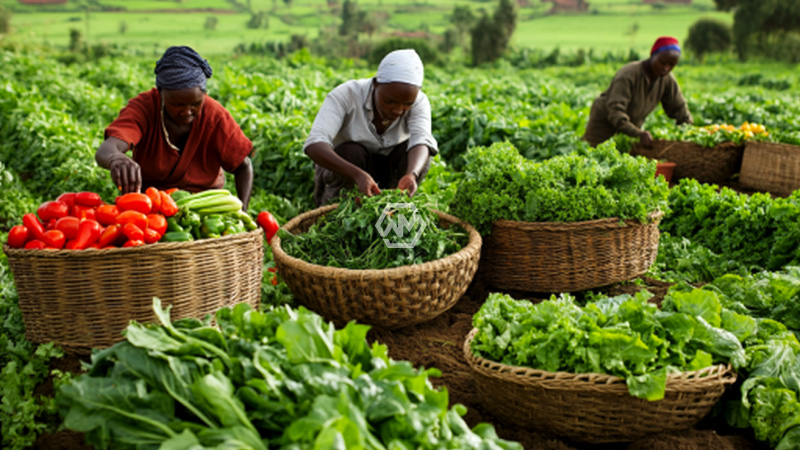- Less than 5% of global AI data relates to Africa, raising equity concerns.
- AI could either reinforce or challenge food system inequalities.
- Food Indaba 2025 blends tech talks with community-driven food insights.
Artificial Intelligence is quickly being integrated into global food systems, but Africa remains on the margins of this technological wave. With minimal representation in global AI datasets, African food producers and communities risk being left out of tools meant to serve them.
The event also aims to spotlight how AI could support African food entrepreneurship, especially in urban logistics and policy-making. Sessions at the Oribi Incubator and walking tours in Cape Town townships provide a ground-level view of the existing gaps and possible digital solutions. But the overarching message is clear:
Feeding the Future: Africa’s AI Dilemma in Food Systems
Cape Town is set to host a pioneering conversation this July on the intersection of artificial intelligence and Africa’s food systems. The Food Indaba 2025, under the theme “AI and the Food System,” positions the continent’s food future squarely within the emerging tech debate. The event spans two weeks and will feature over 20 sessions blending expert panels, urban explorations, and innovation workshops.
The urgency stems from an uncomfortable truth: Africa contributes very little to the datasets that train AI tools. As a result, many algorithms used in agriculture or logistics fail to capture the nuances of African realities—making their implementation not only ineffective but potentially harmful. This skewed representation in AI poses a risk of deepening inequalities already present in the food system.
South Africa’s food insecurity is driven more by access and affordability than by actual food scarcity. AI offers potential solutions—like optimising food delivery or predicting urban consumption trends—but only if these systems are informed by data relevant to African cities and people. The Food Indaba will unpack how to make AI tools more responsive to the continent’s specific needs.
AI isn’t inherently equitable. Without community participation and local knowledge, the same systems designed to solve problems may end up replicating old power dynamics. The Food Indaba serves as both a warning and a workshop: African stakeholders must be co-creators in the tech shaping their food future.
As AI reshapes global systems, Africa must push for inclusion—not just as users but as architects. The Food Indaba makes clear: the future of food must be local, just, and intelligent.
“If you’re not at the table, you’re on the menu.” – A phrase echoed by food justice advocates, reflecting the urgency for African representation in AI governance.



